With the introduction of decentralized finance, also known as DeFi, the world of money has undergone a paradigm shift. This new notion is upending existing financial systems by giving individuals greater control over their assets and upsetting the banking industry's established conventions. In this article, we will look at the rapid emergence of DeFi and its far-reaching implications for traditional financial institutions.
Decentralized Finance: A New Paradigm
DeFi is a decentralized financial ecosystem based on blockchain technology that eliminates the need for intermediaries such as banks, brokers, and insurance firms. It makes use of smart contracts, which are programmable agreements that execute themselves when certain criteria are satisfied, assuring transparency, security, and efficiency.
Unprecedented Adoption and Growth
DeFi has grown at an exponential rate since its establishment, drawing both retail and institutional investors. The total value locked (TVL) in DeFi protocols has risen to unprecedented heights. This expansion can be ascribed to a variety of factors, including increased cryptocurrency accessibility, the promise of large rewards, and the growing popularity of decentralized apps (dApps).
The Benefits of DeFi
In comparison to traditional financial systems, DeFi has several notable advantages. For starters, it promotes financial inclusion by providing services to unbanked people who do not have access to regular banking services. Anyone with an internet connection can use DeFi to engage in financial activities like lending, borrowing, and investing without the requirement for a bank account.
Second, DeFi eliminates the need for intermediaries, lowering transaction costs and enhancing transaction speed. Traditional banking systems sometimes require many intermediaries, which causes delays, complexity, and extra fees. Transactions can be completed directly between parties via DeFi, which streamlines the process and saves both time and money.
Furthermore, DeFi allows for increased transparency and security. All blockchain transactions are immutable and can be audited by anybody, assuring trust and accountability. Furthermore, the implementation of smart contracts reduces the risk of human error or manipulation, improving total financial transaction security.
Challenges and Threats
While DeFi has enormous potential, it is not without difficulties and risks. The lack of regulatory control is one of the major problems. Unlike traditional financial institutions, which are subject to stringent regulations, DeFi works in an unregulated environment. This legislative ambiguity complicates investor protection, anti-money laundering (AML) procedures, and market stability.
Furthermore, the quick pace of DeFi innovation has resulted in the introduction of new and complicated financial products. While these products present exciting possibilities, they also pose hazards, such as smart contract flaws, hacking incidents, and market manipulation. Addressing these issues and implementing solid security measures will be critical to DeFi's long-term success as it evolves.
The Repercussions on Traditional Financial Systems
The rise of DeFi has serious consequences for existing banking institutions. It challenges centralized institutions' supremacy by providing alternative financial services that are more accessible, efficient, and transparent. As DeFi gets popularity, incumbent banks, payment processors, and other intermediaries may see less demand for their services.
Furthermore, through spreading economic power, DeFi has the potential to democratize finance. Traditional financial systems are frequently centralized, with established organizations and affluent individuals benefiting. DeFi, on the other hand, ensures that all participants have equitable access to financial services and receive returns on their assets without relying on centralized gatekeepers.
Empowering Individuals
One of the key aspects of DeFi and Web3 is the empowerment of individuals. These technologies allow anyone with an internet connection to access financial services without relying on banks or other intermediaries. Users can borrow, lend, trade, and invest their assets directly from their digital wallets, eliminating the need for third-party approvals or lengthy bureaucratic processes. This level of financial inclusivity has the potential to revolutionize access to capital, particularly in underserved regions where traditional banking services are limited.
Additionally, DeFi enables users to maintain ownership and control over their funds at all times. Unlike traditional financial systems, where custodial control is handed over to intermediaries, DeFi allows individuals to retain full custody of their assets. This means that users have the ultimate say in how their funds are used and can avoid potential risks associated with centralized custodianship, such as hacks, freezes, or mismanagement.
The Power Grab
As DeFi and Web3 gain mainstream adoption, they are challenging the entrenched power dynamics within the financial industry. Centralized institutions, such as banks, asset managers, and exchanges, have long held significant control over financial transactions, decision-making, and the overall direction of the economy. However, the rise of DeFi and Web3 is shifting this power to the individual level.
By leveraging decentralized networks, blockchain technology, and cryptographic principles, DeFi and Web3 enable individuals to transact directly with each other, creating a peer-to-peer financial ecosystem. Smart contracts ensure transparency and automate trust, reducing the need for intermediaries and intermediation fees. This disintermediation is disrupting traditional business models and threatening the dominance of established institutions.
The Need for Institutional Adaptation
Institutions that fail to recognize the potential of DeFi and Web3 risk falling behind in a rapidly evolving landscape. While some traditional players have started exploring blockchain technology and tokenized assets, many are still grappling with the implications and potential disruptions. These institutions will need to adapt their business models, embrace innovation, and leverage the benefits of decentralization to stay relevant in the future.
Collaboration between traditional institutions and the DeFi/Web3 ecosystem can foster innovation and bridge the gap between old and new financial paradigms. Institutions can learn from the transparency, efficiency, and inclusivity offered by DeFi, while DeFi projects can benefit from the expertise, regulatory compliance, and broader customer bases of established institutions. Synergies between these two worlds can lead to the development of hybrid models that combine the best of both centralized and decentralized systems.
Looking Forward
As DeFi grows in popularity, regulators, policymakers, and industry participants must work together to create a framework that combines innovation with investor protection and market stability. Regulatory certainty would not only reduce risks, but will also increase trust in DeFi, attracting additional players and capital.
To summarize,decentralized finance is altering the financial environment as we know it. DeFi is positioned to alter how we interact, invest, and access financial services due to its various benefits and ability to disrupt established financial institutions. While problems and threats exist, DeFi's revolutionary power cannot be overlooked. As we negotiate this changing terrain, encouraging innovation and ensuring responsible growth will be critical to realizing decentralized finance's full potential.
This article was written by FM Contributors at www.financemagnates.com.
You can get bonuses upto $100 FREE BONUS when you:
💰 Install these recommended apps:
💲 SocialGood - 100% Crypto Back on Everyday Shopping
💲 xPortal - The DeFi For The Next Billion
💲 CryptoTab Browser - Lightweight, fast, and ready to mine!
💰 Register on these recommended exchanges:
🟡 Binance🟡 Bitfinex🟡 Bitmart🟡 Bittrex🟡 Bitget
🟡 CoinEx🟡 Crypto.com🟡 Gate.io🟡 Huobi🟡 Kucoin.
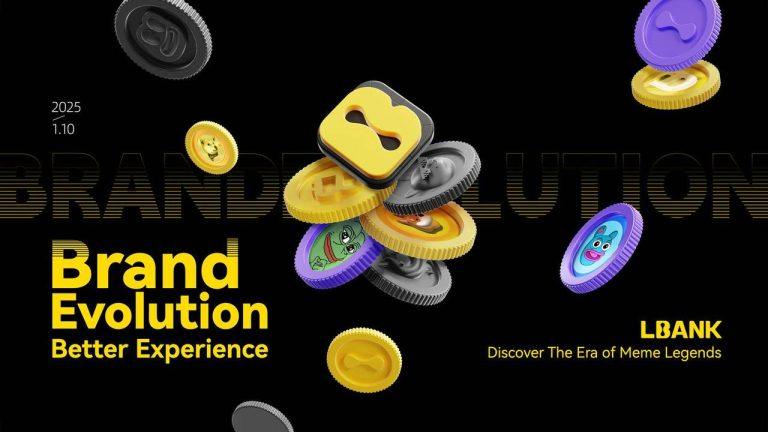
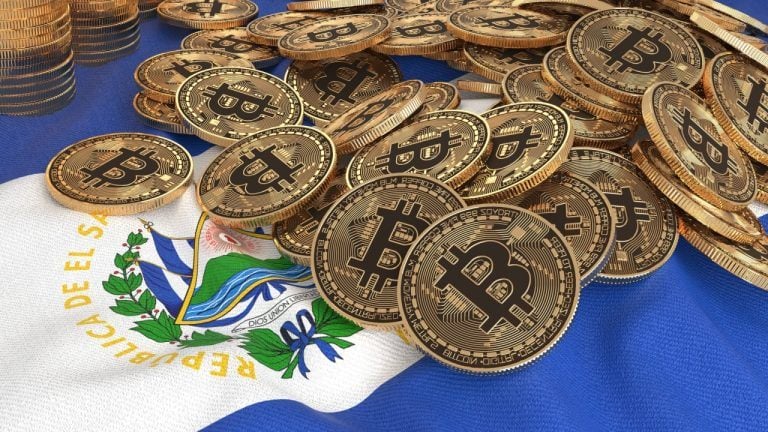






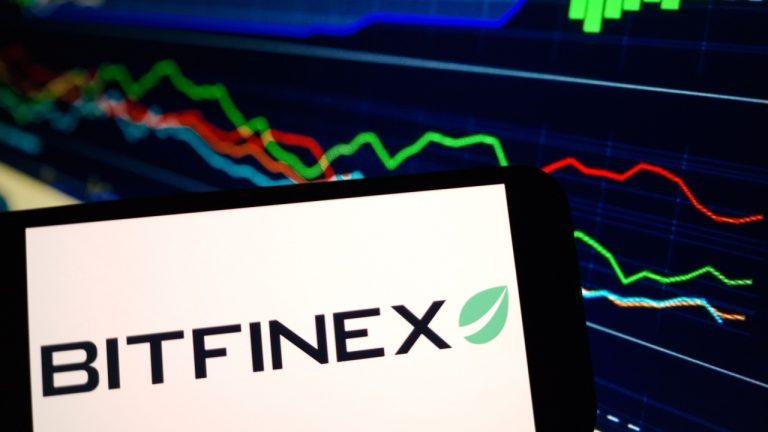


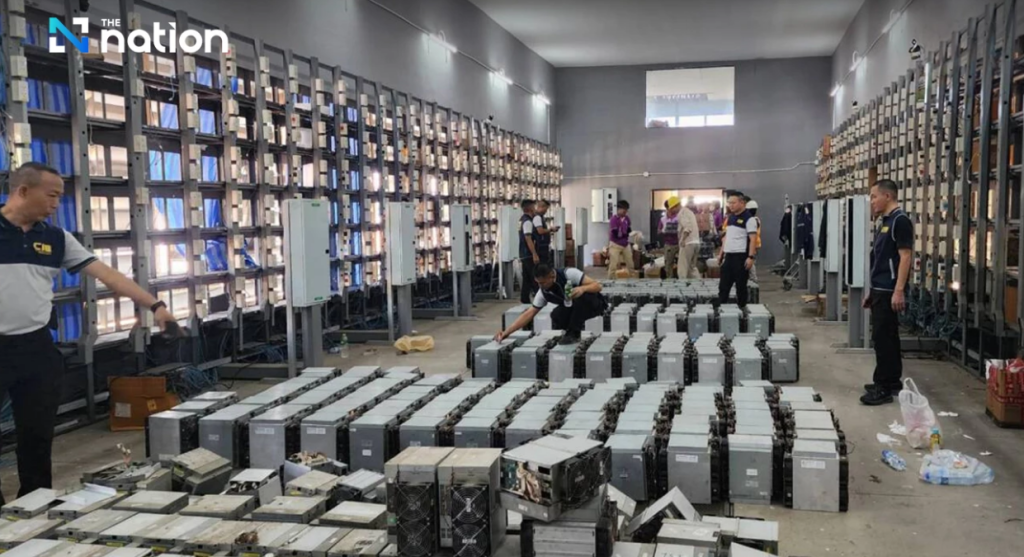
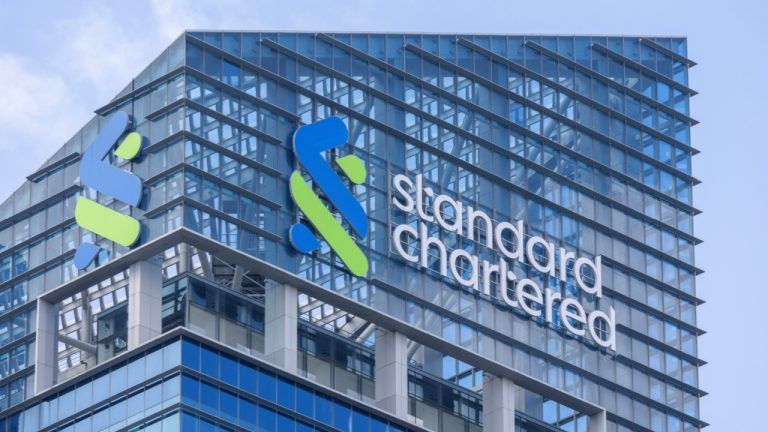


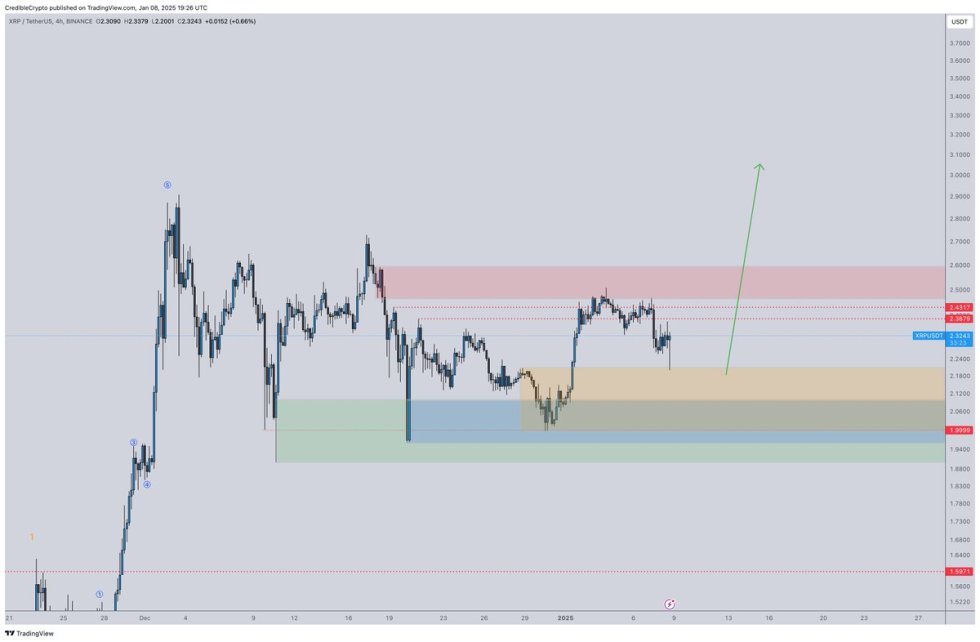
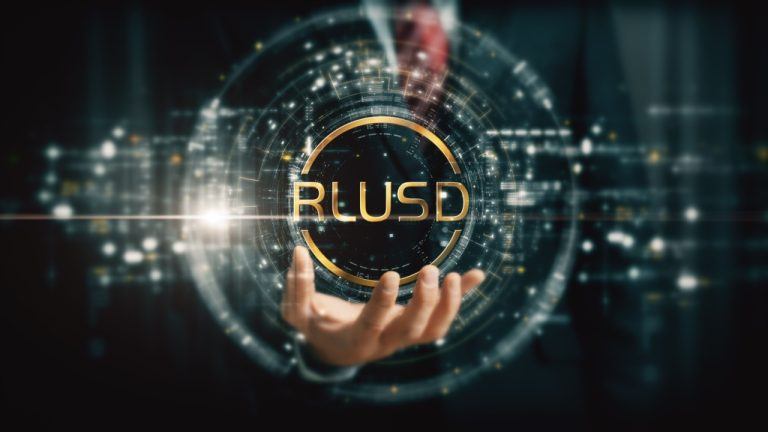


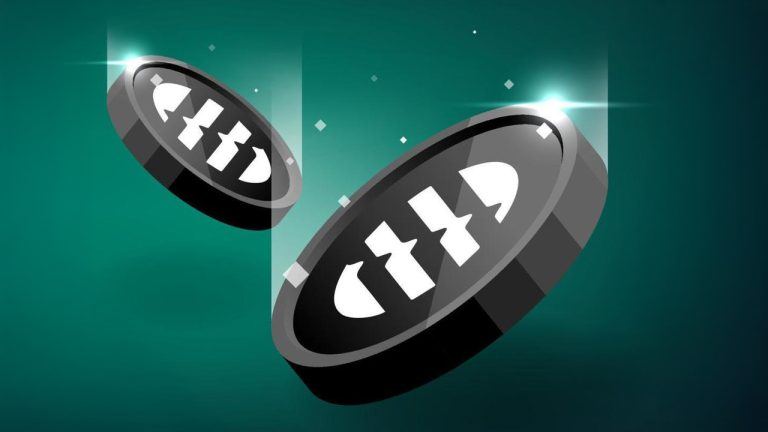
Comments